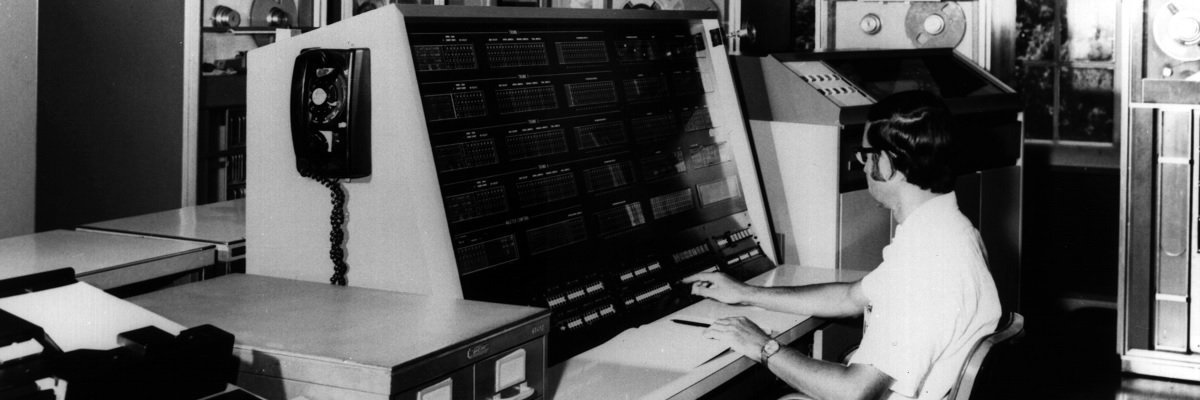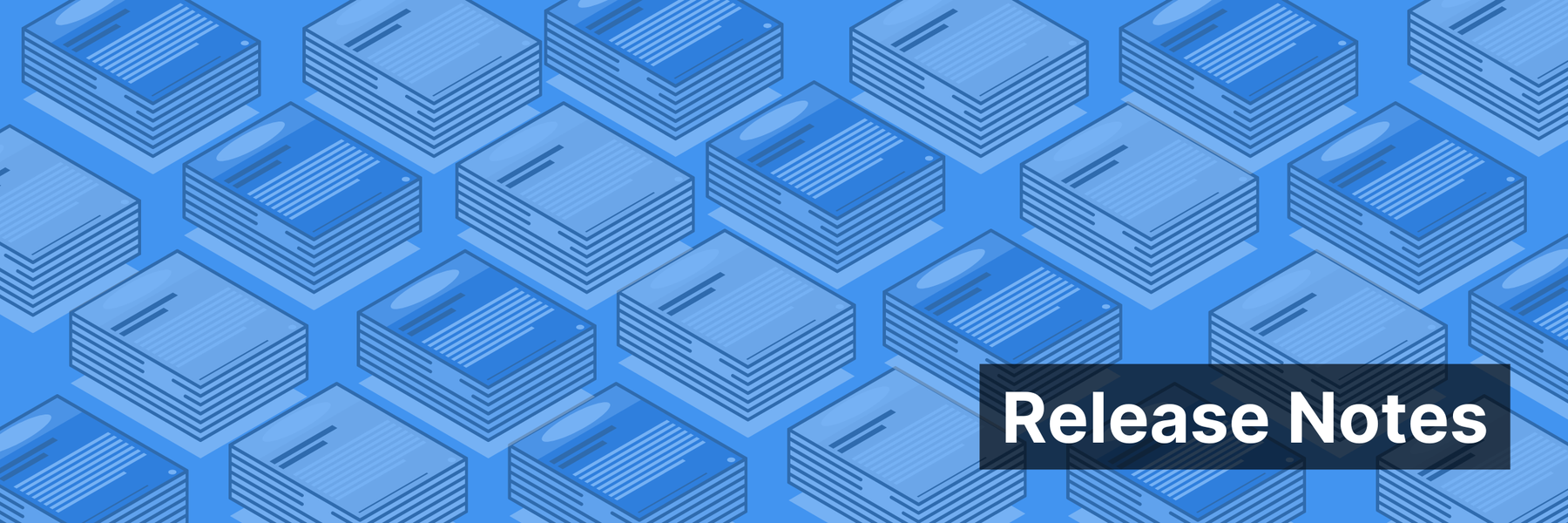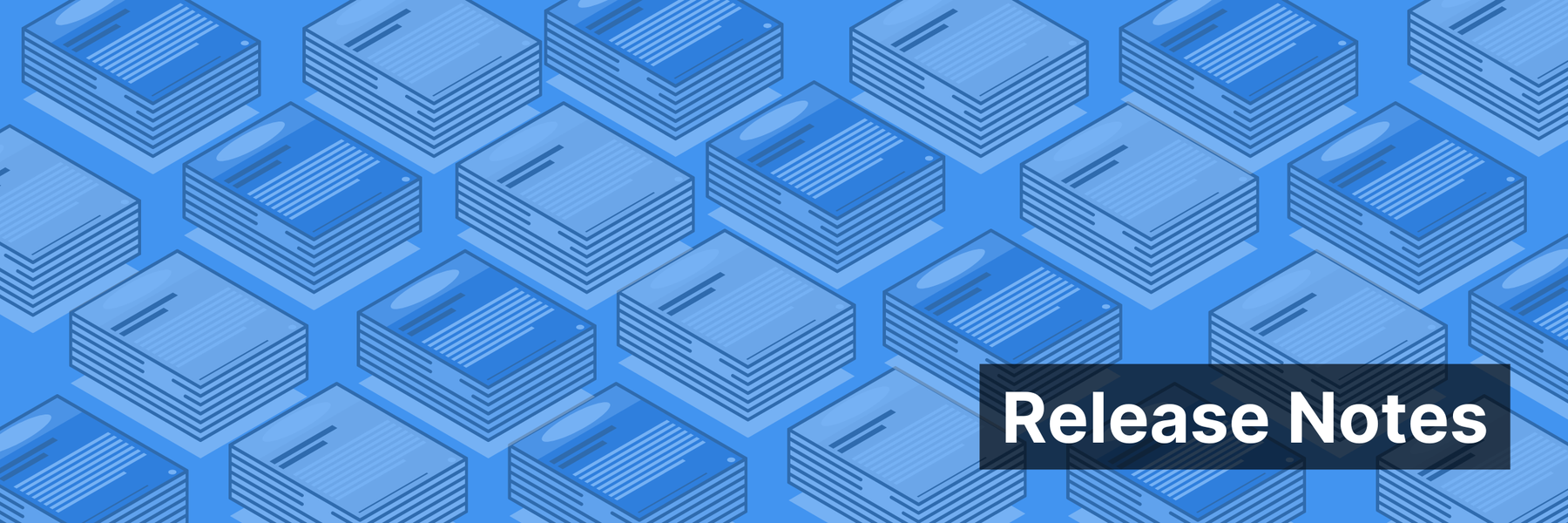MuckRock’s new feature updates include an easier way to get an API key, improvements on request purchasing, eliminating emojis in mailed requests, fixed email submission warning, and a new process that has all checks over $150 now being sent via certified mail.
For previous site improvements, check out all of MuckRock’s release notes, and if you’d like to get a list of site improvements every Tuesday - along with ways to help contribute to the site’s development yourself - subscribe to our developer newsletter here.
Site Updates
Payments to agencies over $150 now sent via certified mail
We’re not sure why, but mail sent to agencies always seems to end up sitting on various public information officers’ desks for longer than you’d expect. This is particularly frustrating when that letter includes a sizable check. After a number of missing and delayed payments, we’ve now switched to sending all checks of $150 or more now being submitted via certified mail. We’ll add a tracking URL to the notes pages of all these requests so you can see exactly when the check arrives.
We’re investigating letting users submit any correspondence via certified mail for an extra fee, but do not have any current plans to implement this until we’ve cleared through some other feature requests first.
Get your API keys more easily
Recent updates to our user authentication system broke the old script for grabbing your API key. We do plan on adding a user authentication API in the future, but in the meantime we’ve now made it easy to get your API key via your profile page. Just scroll to the lower left part of the page to see a link that will let you click to show your key. Make sure to keep this information private as it lets you access your request data and file new requests programatically.
Read more about the MuckRock API here.
A trio of bug fixes
A quick roundup of smaller fixes:
- Emojis are now removed from mailed requests. Emojis were crashing the PDF generator when users tried sending them via mail. They’ve been removed, at least temporarily. We hope to re-introduce FOIA + emoji capabilities in the future.
- Email submission warning for first-time users fixed. If, on your first request, you include an email address, we prompt you to remove it, letting you know that when you file through MuckRock we include a special email address for agencies to respond to. Unfortunately, this was prevent some users from filing requests if they were trying, for example, to request a public official’s email address, because the warning would not properly dismissed. Now the warning goes away when you tell it you understand.
- Fixed request purchasing for multirequests. There was an edge case where if you picked a number of agencies, and then manually set the number of requests you wanted to buy on the filing page to a custom number, and then tweaked the list of agencies, the request composer would overwrite the custom number of requests to match however many agencies you selected. This could, in turn, drop you under the number of requests needed for a bulk purchase, increasing the amount you paid. This was a very rare edge case but is now fixed.
Come hack on MuckRock
If you’re the kind of person who gets excited about building cool, impactful open source software, you might also be interested in our Tuesday meetups in Cambridge, Massachusetts or our other open source efforts.
Right now, we’re working on a website that scans government websites to check on how well they’re doing on a number of important factors, ranging from mobile friendliness and accessibility to ease of contacting them.
Checking into the details of agency websites can be incredibly valuable. For example, recent ProPublica sleuthing of Intuit’s website turned up the fact that the company was deliberately hiding its free-to-file program from search engines. We’re interested in doing similar investigations at scale by parsing as many government websites as possible.

Check out the source code for this project here, and then join us Tuesday.
There are also a number of ways to help us continue to improve the core MuckRock site experience. We have a project and a weekly newsletter, “Release Notes,” that highlights everything we’re working on. Register to get a summary of site updates each week and details on open issues you can help with.
Check out some of our issues labeled “help wanted” for ideas on where’s good to start, or just pop into our Slack’s #Developers channel.
Subscribers to the weekly newsletter get exclusive data sets, FOIA-related scripts, and other transparency hacker tidbits exclusively for subscribers. You can subscribe to the newsletter at the top or bottom of this page.
If you spot a bug or have a feature request, you can also help by opening an issue on GitHub.
If you do, please search open issues first to make sure it hasn’t already been reported. If it has been reported previously, please leave an additional comment letting us know it’s an issue for you, particularly if you can provide more details about when it crops up or what you think is causing the problem.
In addition to the new newsletter, we have a developer channel on the MuckRock Slack.
Image via Wikimedia Commons




